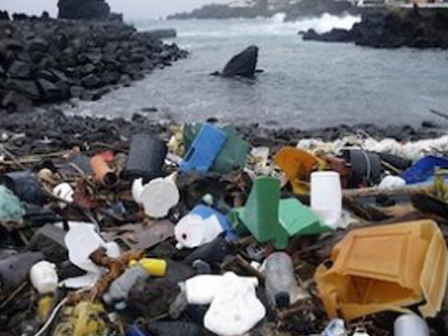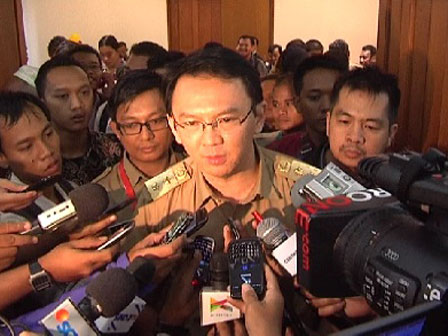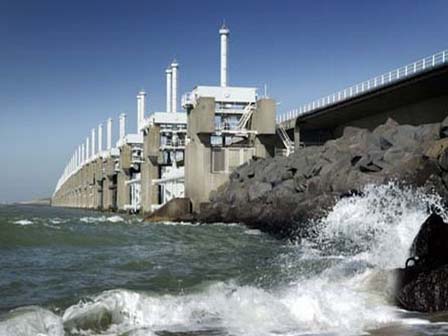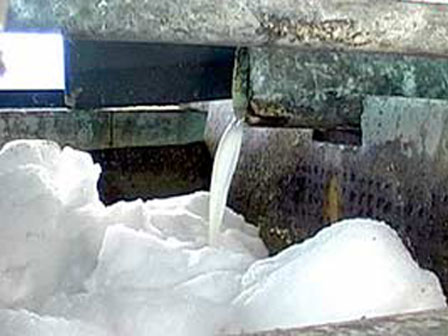Special Team Formed to Examine Jakarta Sea Pollution
Reported by Devi Lusianawati | Translated by Rini Elvira
The pollution level of Jakarta Sea is now in worrying phase and caused 2,500 fishermen to lose their livelihood. To resolve the matter, North Jakarta Husbandry, Fishery, and Maritime (P2K) Sub-Department has taken samples of the polluted seawater to be checked in laboratory.
We will try to save sea habitat and the fate of thousands of fishermen
To make the effort more effective, North Jakarta P2K Sub-Department forms a special team to examine the pollution happened to Jakarta Sea. In this team, two other units are involved, namely Jakarta Environmental Agency (BPLHD) and Coastal Cleanliness Technical Implementation Unit (UPT).
“Besides bringing the samples of water from Kalibaru, Marunda, and Cilincing, we’re also forming special team so this seawater pollution examination can be optimal. We will try to save sea habitat and the fate of thousands of fishermen,” stated Head of North Jakarta P2K Sub-Department, Sri Hayati, Tuesday (7/1).
Fishermen Complained Polluted Jakarta`s SeaBased on the information gathered, Jakarta Sea has been polluted by industrial wastes since a long time ago. At this time, most of the fishermen based in five fishermen centres, namely Kalibaru, Marunda, Cilincing, Kamalmuara, and Muara Angke, prefer to net fish until to the middle of the sea. As a result, their operational costs skyrocketing while their catches are beyond hope. Because of that, some of them now choose to become seasonal farmers to meet daily needs.
Jumani (44), a fisherman from Kalibaru, said the pollution of Jakarta Sea has caused fishes and crabs dead. Moreover, the income of 2,500 fishermen in Kalibaru and Cilincing drops until 75 percent.
“Many fishermen even did not get anything when going fishing,” he told.
According to Jumani, before the sea polluted, the fishermen could reap benefit as much as Rp 200 thousand per day. But now, they could only get a maximum of Rp 50 thousand per day.
Previously, the color of the seawater was dark green. But since rainy season is over, the seawater is blackened and produces foul odor. Two days after that, hundreds of fishes were found dead, floating on the water and producing carcass smell.
Jumani assessed the pollution originated from Kresek Lagoa River, Cakung Drain River, Marunda River, and East Flood Canal (KBT) River. On these rivers, there are pipes of industrial wastes disposal from factories around the rivers.




